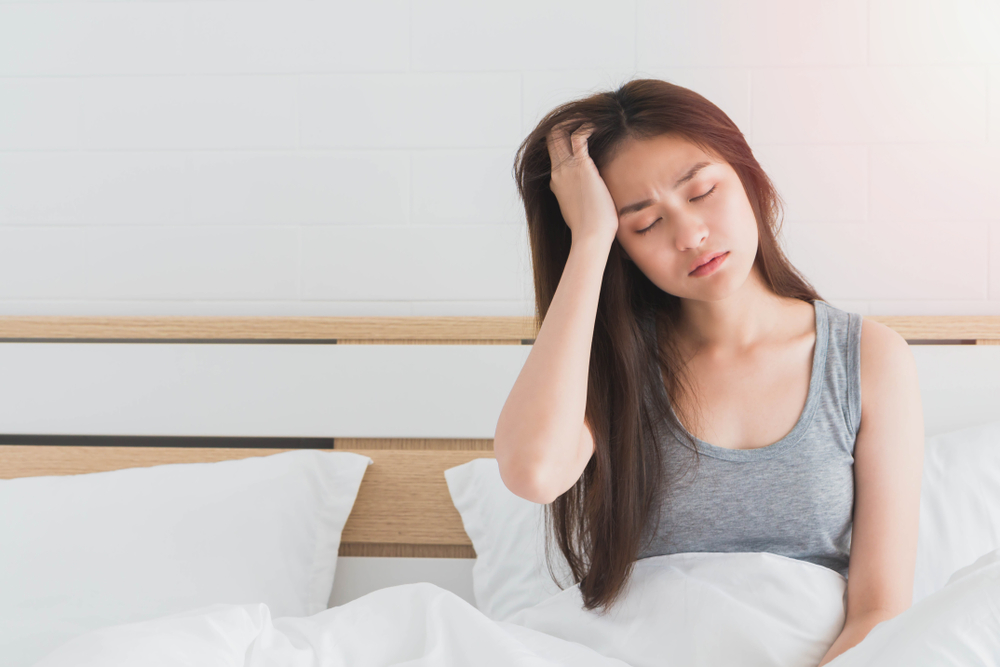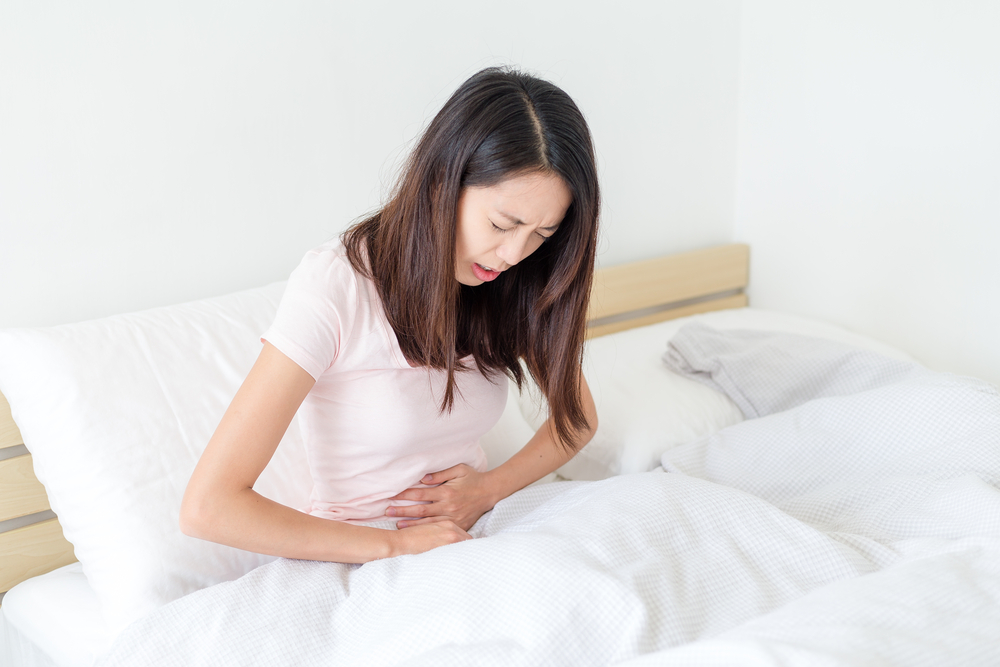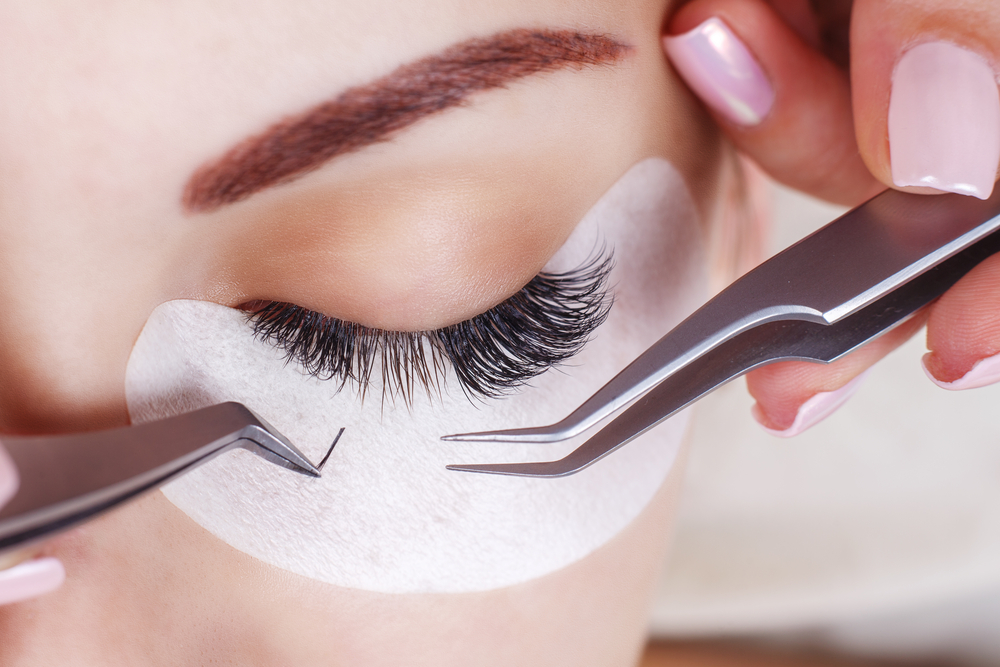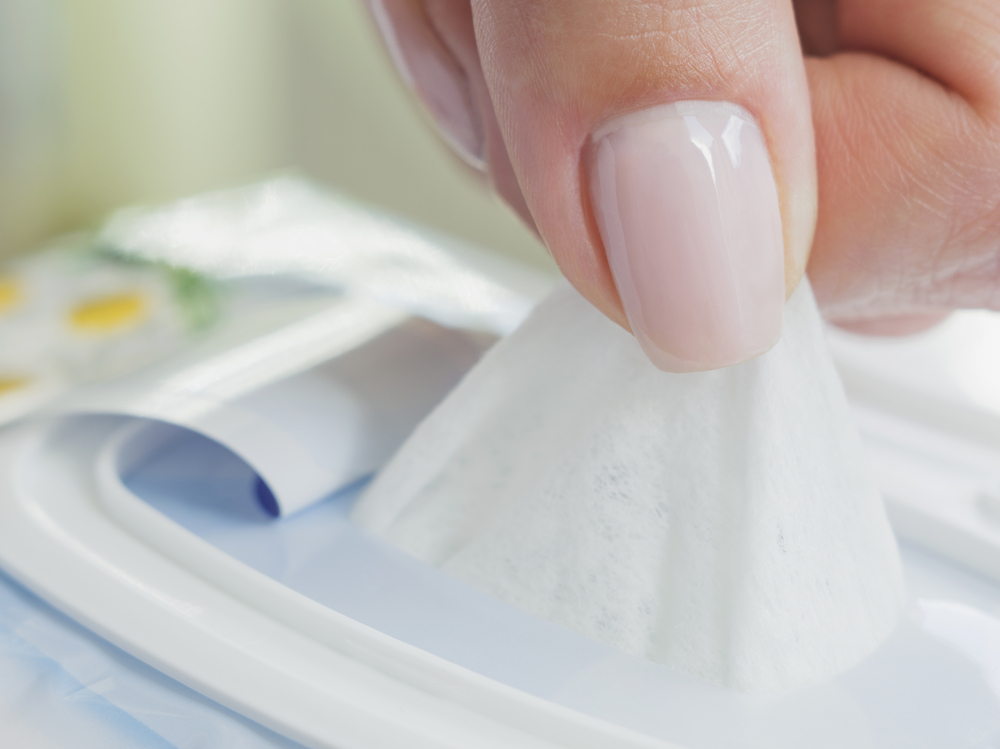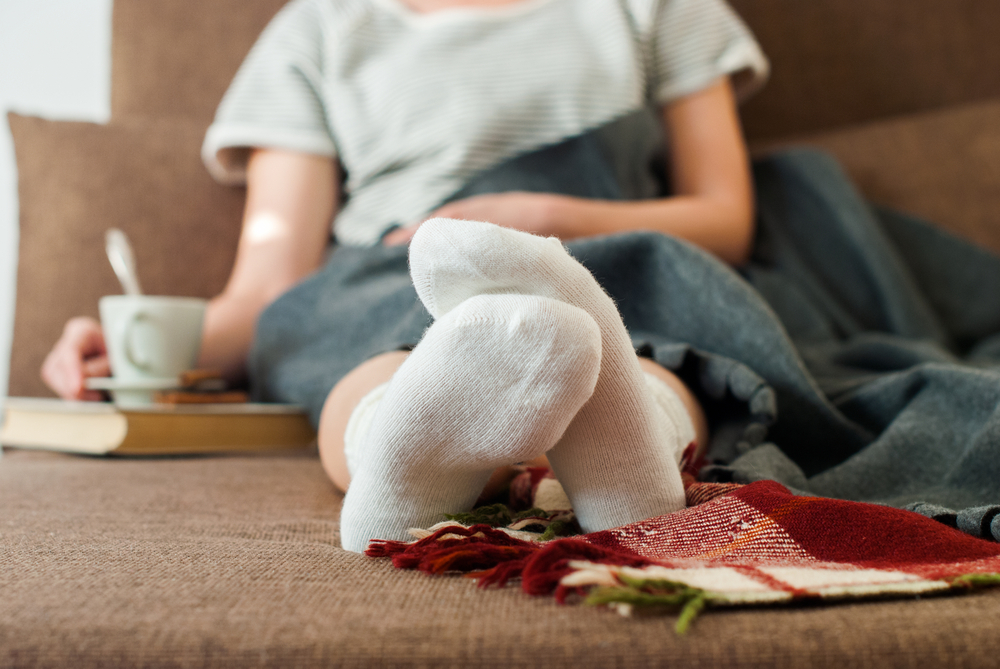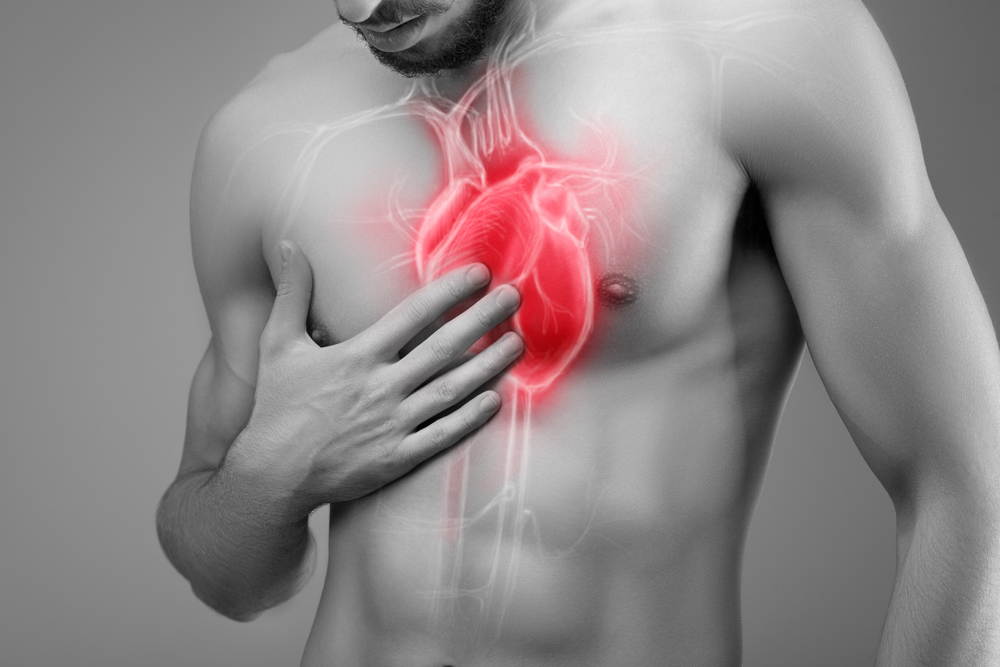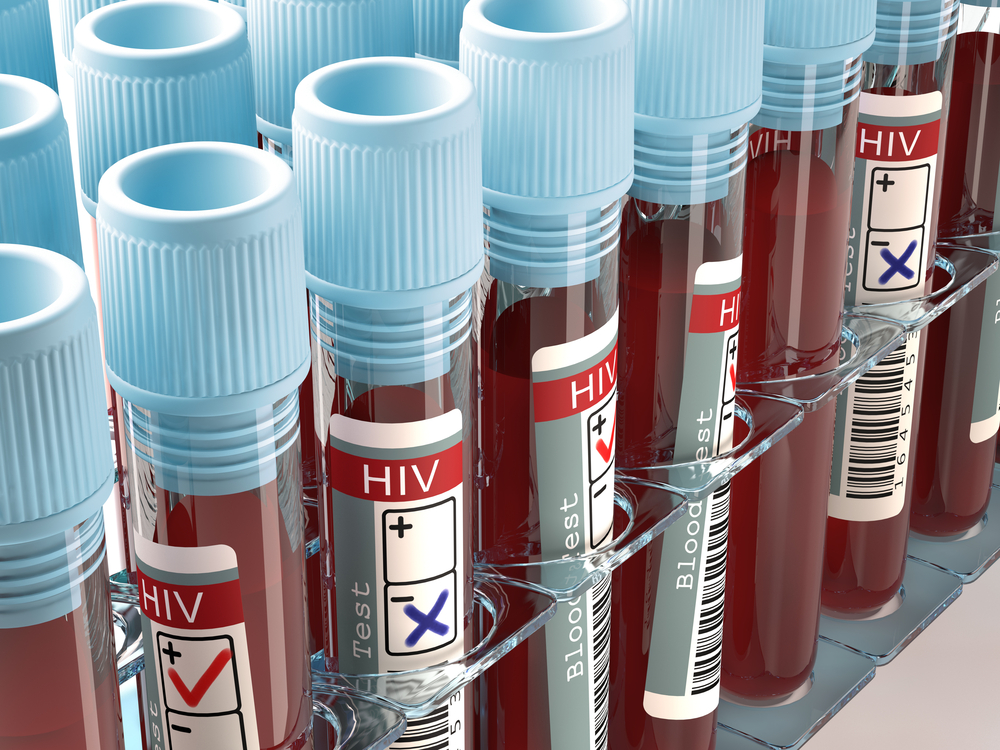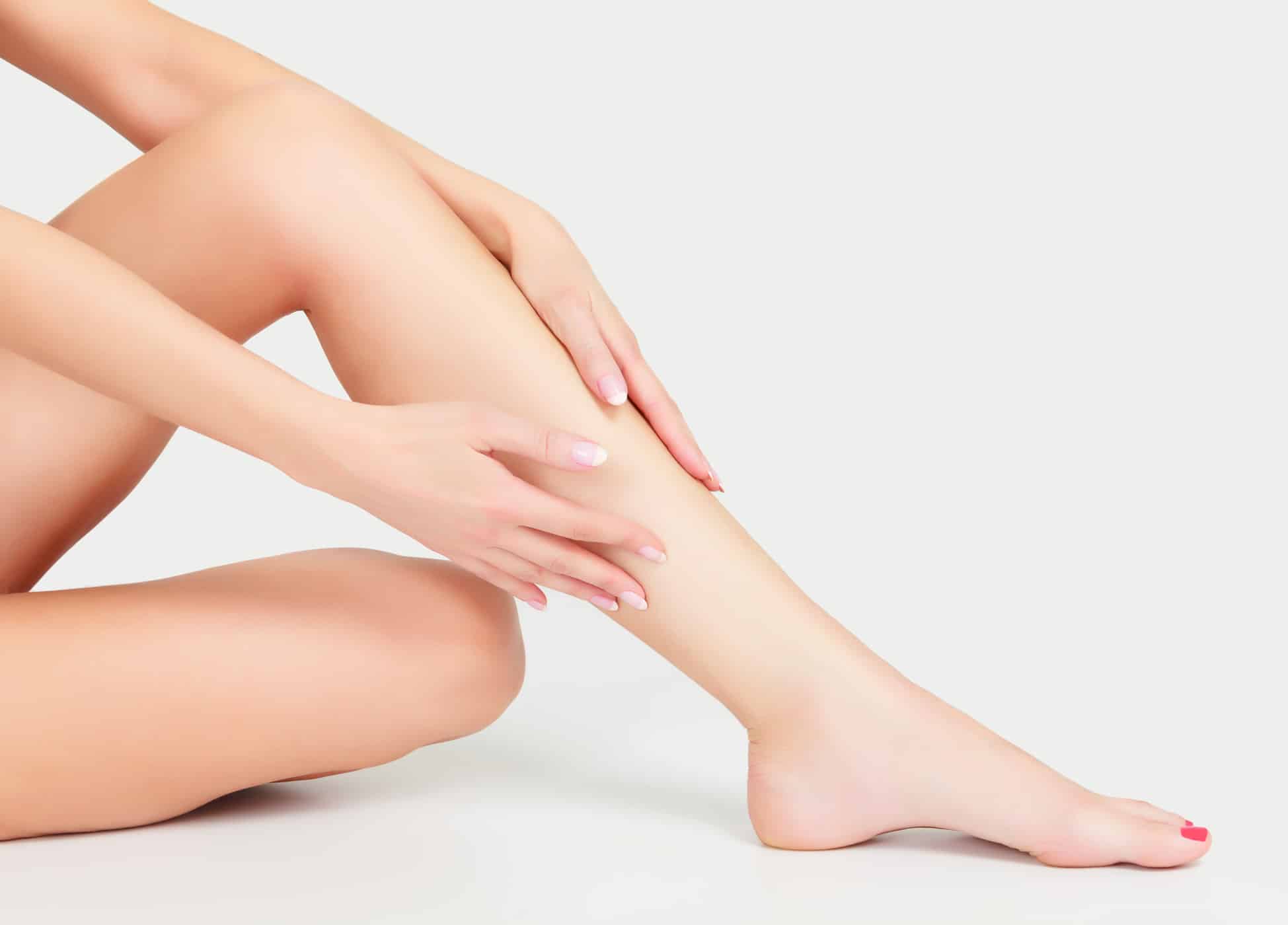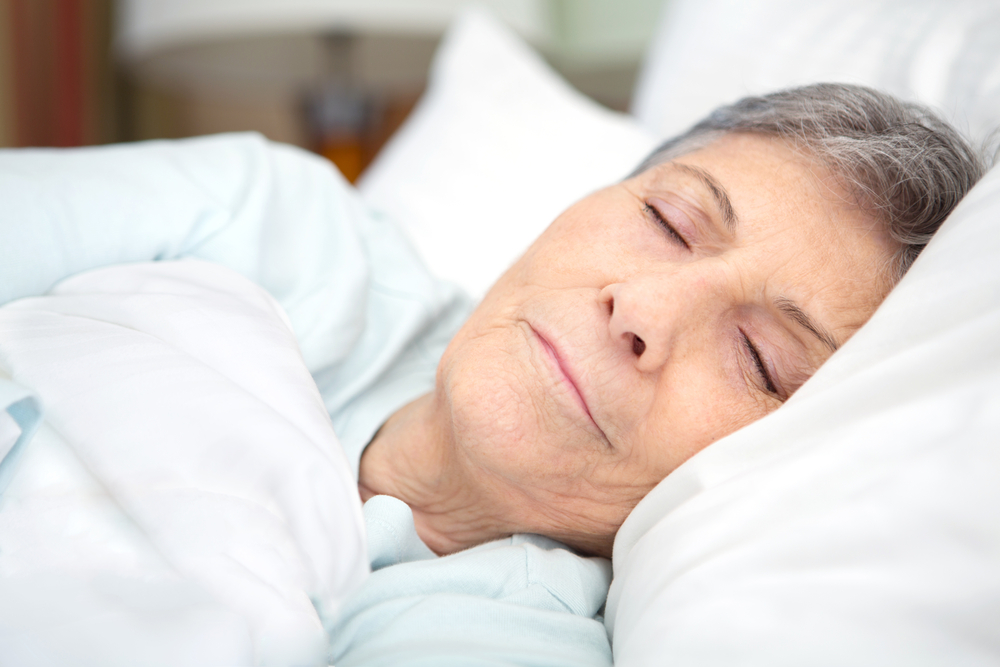Contents:
- Medical Video: Chronic Daily Headache - Mayo Clinic
- The cause of a headache when you wake up in the afternoon
- 1. Respiratory problems
- 2. Position or type of pillow is wrong
- 3. Bruxism
- 4. You still lack sleep
- How to deal with headaches due to napping
Medical Video: Chronic Daily Headache - Mayo Clinic
Usually someone will take a nap when feeling tired and need a short break. However, some people do not feel refreshed, but headaches and headaches when they wake up in the afternoon. Indeed there are several causes of headaches after napping. According to the National Sleep Foundation, people who have sleep disorders have a 8 times greater likelihood of having a headache after waking up in the afternoon. Are you included?
The cause of a headache when you wake up in the afternoon
1. Respiratory problems
Respiratory problems characterized by snoring can disrupt sleep and also cause headaches when you wake up in the afternoon. Snoring can also be a sign obstructive sleep apnea (OSA). OSA occurs when the back muscles of the throat relax, the respiratory tract narrows and closes while breathing. This can reduce oxygen levels in the body.
This condition is realized by the brain so that it can wake people from sleep to reopen the respiratory tract. Usually you just wake up for a while, then go straight to sleep without realizing it
In addition to snoring, other respiratory ailments such as tuberculosis, emphysema, and other lung diseases can interfere with the quality of your naps resulting in headaches.
2. Position or type of pillow is wrong
Improper use of pillows can be one of the causes of headaches after napping. Cushions that are too hard for example or putting a pillow do not fit can make the neck muscles tighten until it feels sore and sore which leads to headaches.
The National Sleep Foundation recommends that you use a pillow that can hold your head and neck in a comfortable position. If you have to take a nap on the way, bring a special pillow for traveling like a neck pillow.
3. Bruxism
Bruxism or gnashing of teeth during sleep usually occurs unnoticed. This condition is often the cause of headaches after napping. People who clench their teeth during sleep usually have other sleep disorders, such as snoring and sleep apnea. People who experience bruxism are quite severe and often can cause cheek muscles, chin, and temples to be attracted more than usual to make a headache when you wake up.
4. You still lack sleep
In addition to the three causes above, a lack of night's sleep can also cause the head to hurt when you wake up in the afternoon. This is because a night's sleep that cannot be replaced by a nap, while your body really needs adequate rest.
How to deal with headaches due to napping
Overcoming headaches after napping depends on the cause. Bruxism, for example, can be overcome by using mouth protectors and meditation and yoga if the cause of gnashing your teeth during sleep is stress. In addition, respiratory problems such as sleep apnea and other pulmonary diseases can be overcome by carrying out a healthy lifestyle and carrying out appropriate treatment from a doctor.
Using a pillow and a comfortable mattress can also help you sleep better, reducing the risk of headaches. Don't forget, the right sleeping position also helps keep you sound and refreshed when you wake up.
In addition, try to sleep not too long. Simply sleeping for 10-30 minutes you can already feel the benefits of napping. The longer you take a nap, the greater your chances of headaches and sleeplessness at night.
It's good to sleep around 2pm. At this time you will usually experience drowsiness after your stomach is fully filled at lunch time. In addition, sleeping at this time tends not to interfere with sleep at night.

